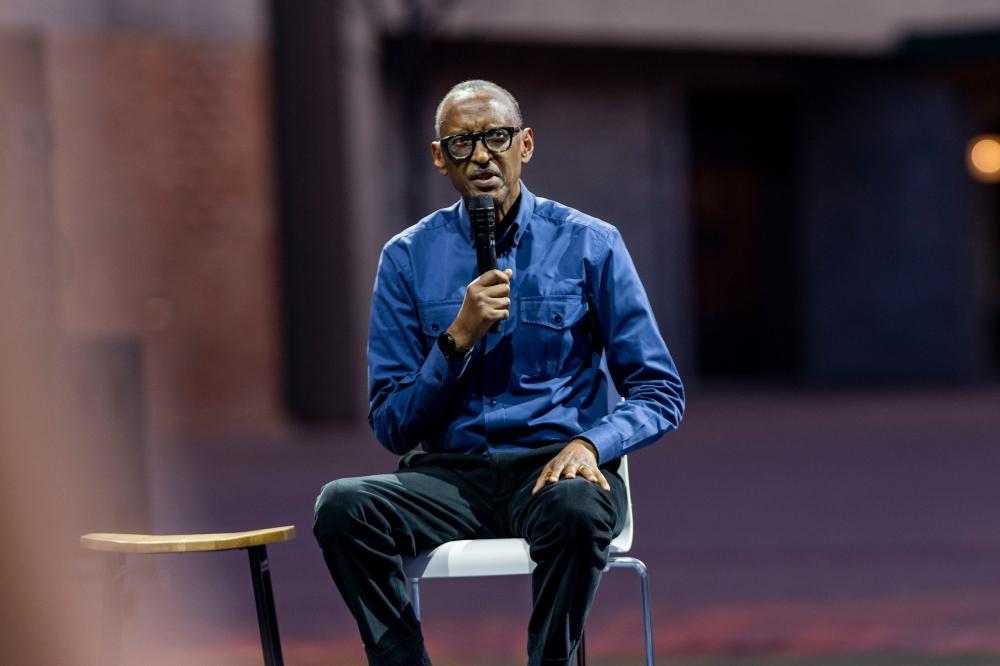Africa-Press – Rwanda. President Paul Kagame’s remarks at the unveiling of Zaria Court, Kigali’s new landmark within the evolving Sports City in Remera, echo a sentiment that investing in sports is not a frivolous pursuit, but a deliberate strategy for national transformation.
In many parts of the world, particularly in developing countries, investment in sport is often dismissed as secondary to so-called more “pressing” issues. Yet Rwanda is charting a different path—one that understands that sport is not a distraction from development, but a dynamic catalyst for it.
The creation of Kigali Sports City, which now boasts world-class venues like BK Arena, the renovated Amahoro Stadium, and now Zaria Court—a multi-use facility blending sport, entertainment, hospitality and entrepreneurship—is beyond mere structures.
It is about intent. It is about shaping a society where aspiration is tangible and opportunity is visible. The misguided notion that a country must first possess a deep talent pool before it dares to invest in facilities and events is simply backward. By building the stage first, the country invites talent to emerge, nurtures it, and signals to its youth that their ambitions are valid.
Indeed, the presence of international-caliber events like the Basketball Africa League and the Giants of Africa Festival that is currently underway in Rwanda has already begun to inspire a new generation. When children see their peers playing in gleaming arenas, when they watch professional athletes compete in venues just minutes from their homes, the dream of excellence stops being a mirage.
It becomes attainable. The ripple effect of such inspiration cannot be overstated. From school playgrounds to community courts, the seeds of a sporting culture are being sown not only by formal programmes but by exposure to excellence.
President Kagame and Rwanda’s vision, as articulated during the launch of Zaria Court, is not about creating monuments for their own sake. It is about creating platforms. It is about offering the infrastructure that allows others to shine, to build, to grow. That is the essence of leadership that looks beyond the present.
Rwanda is making a compelling case for sport as a pillar of national development. It is proving that investment can come before talent, and in fact, that such investment is often the very condition for talent to emerge.
By constructing spaces that invite global participation and local ownership, Rwanda is building legacy. And this legacy will not be measured only by medals or championships, but by the young Rwandans who will one day point to BK Arena or Zaria Court and say, “That’s where I first believed it was possible.”
Source: The New Times
For More News And Analysis About Rwanda Follow Africa-Press






